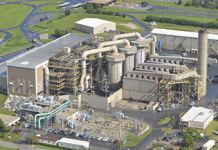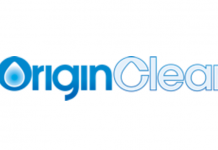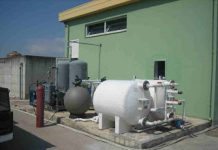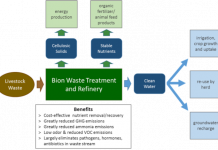by Debra Fiakas CFA
In the last post, I promised to close out this series on carbon dioxide capture with a note on a third example of Department of Energy funding for innovations in turning carbon dioxide (CO2) into a valuable raw material. Besides changing the chemistry of inorganic compounds and feedstock for biofuel production, CO2 has some potential for plastics. In 2010, the DOE placed a bet of $18.4 million on Novomer, Inc., which is a self-described sustainable chemicals developer.
The bet appears to be paying off as Novomer and its partners go into production of polypropylene carbonate (PPC) polyol using CO2 from industrial waste streams. So far Novomer has produced seven tons of finished product containing more than 40% CO2 by weight. The polyol was produced using waste CO2 from a processing plant owned by specialty chemical maker Albemarle Corp. (ALB: NYSE) in Orangeburg, South Carolina. Albemarle turns out active pharmaceutical ingredients at the Orangeburg plant.
A critical element in the process is Novomer’s proprietary enzyme that enables CO2 to react with petrochemical epoxides, resulting in thermoplastic polymers. The PPC polyol will replace conventional petroleum-based polyether, polyester or polycarbonate polyols. According to Markets and Markets Research, the global polyols market is expected to grow to $22.4 billion in annual sales by 2017. The growth is being driven by rapidly growing polyurethane plastics markets, particularly in Asia, Eastern Europe and South America.
Novomer believes it has conjured a highly economic product. Novomer claims its polyols are stronger and more durable. Accordingly, plastics using these ‘CO2’ polyols are expected to have higher tensile and load bearing capacity. Since the CO2 is a waste product of an established manufacturing process, it is lower-cost than conventional petroleum-based raw materials. Thus Novomer believes its polyol manufacturing costs will compare favorably against conventional polyol.
It is a wonderful story, but for investors looking for a play environmentally sustainable products, it is a tale of reduced expenses and not higher revenue. The equity market rarely rewards low-cost scenarios with lavish multiples. That said, lower cost producers, once they get to scale are often in a position to capture market share and that might make a difference for Novomer should it ever decide to go public.
Debra Fiakas is the Managing Director of Crystal Equity Research, an alternative research resource on small capitalization companies in selected industries.
Neither the author of the Small Cap Strategist web log, Crystal Equity Research nor its affiliates have a beneficial interest in the companies mentioned herein.








